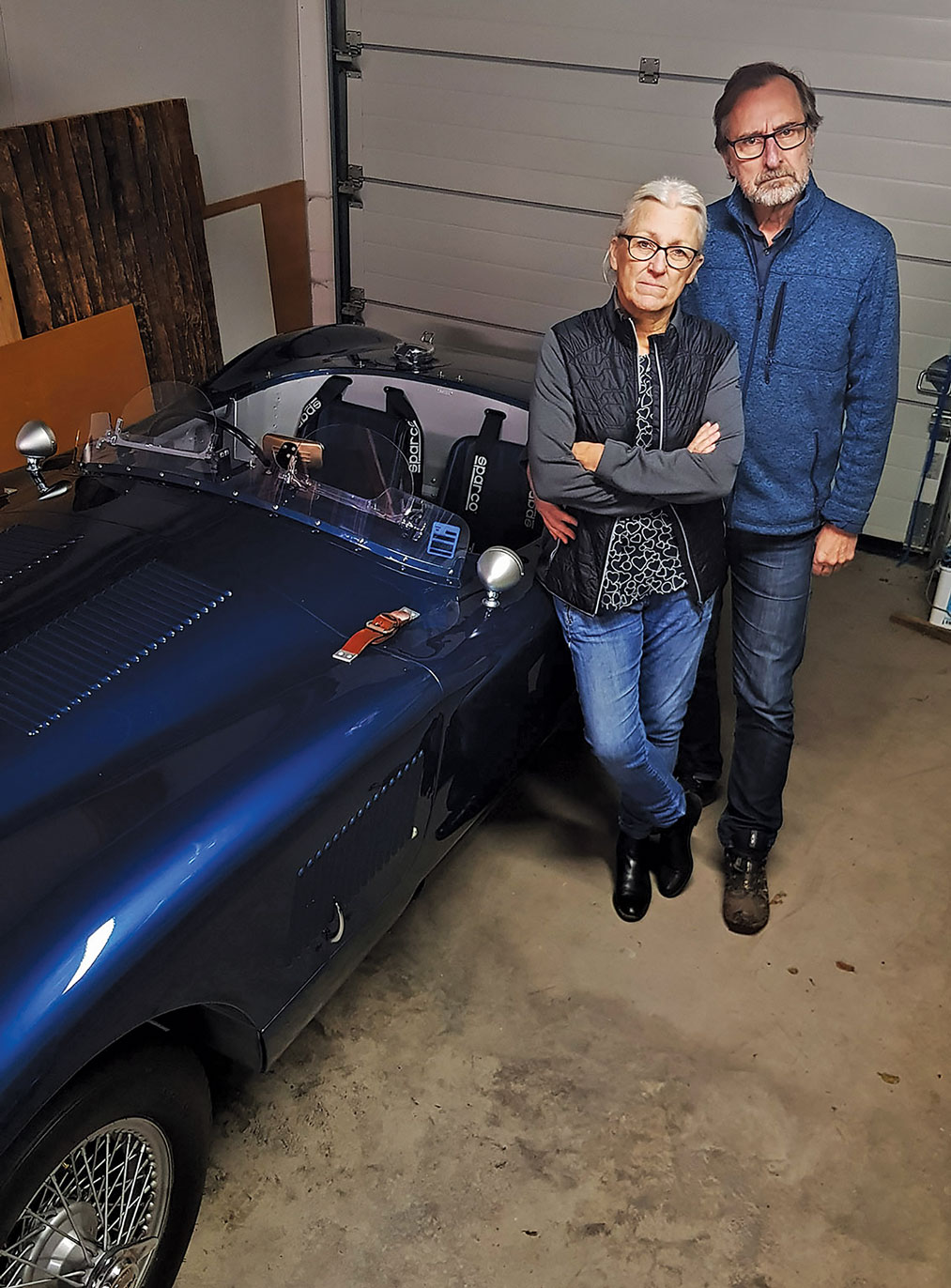The wheels of justice grind slowly, but they eventually get there. This month we have a collection of stories — updates on two old cases, plus a trio of new ones, in brief. C-type-replica litigation “Legal Files” reported in May 2021 that Jaguar Land Rover (JLR) was garnering a lot of hobbyist animosity by suing…
Slow Grind

